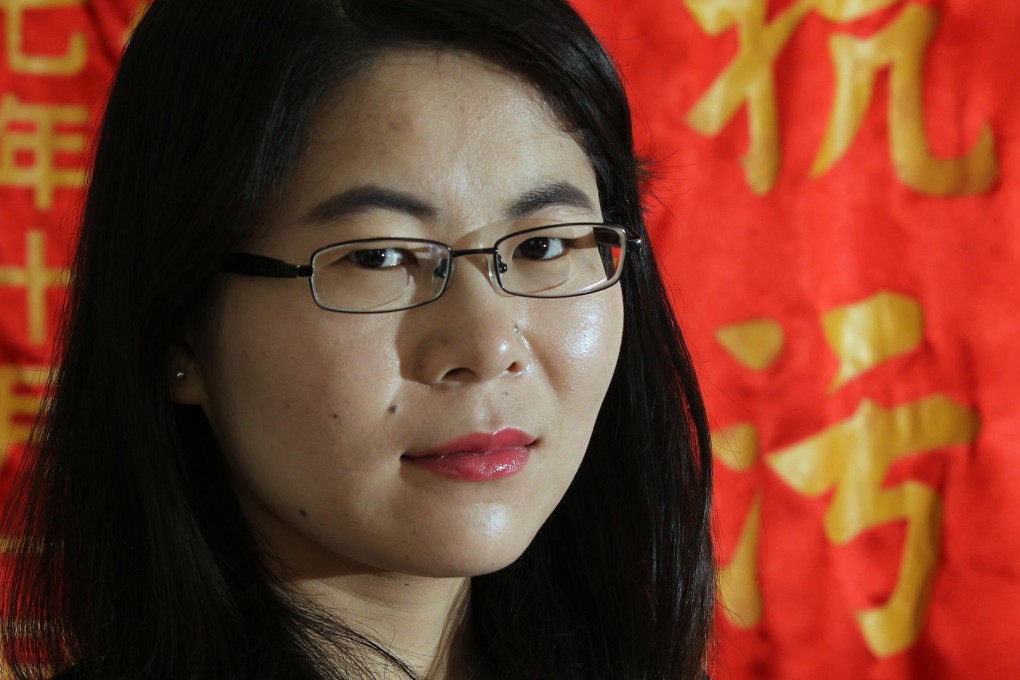Chinese environmental lawyer takes on the powerful to give voice to vulnerable pollution victims
Environmental lawyer Liu Jinmei is devoted to standing up to powerful polluters on behalf of poor, lowly educated and vulnerable villagers

Liu Jinmei wanted to become a criminal lawyer from the time she entered Beijing's China University of Political Science and Law. The 28-year-old learnt about the mainland's rampant environmental problems during an internship under the China Law Society's clinical education programme, offering help to pollution victims. Today, she is one of China's youngest environmental lawyers - an area of the profession still in its infancy on the mainland - taking on firms and local governments as one of a team of experts at the university's Centre for Legal Assistance to Pollution Victims.
I helped nearly 400 villagers from Minhou county in Fujian province win compensation totalling 6 million yuan (HK$7.6 million) after an incineration company illegally discharged waste gases containing carcinogenic dioxins. It took five years to win the case. Many villagers suffered ill health because of the air pollution. Solid waste that was illegally dumped also damaged local farmland. Environmental litigation is quite complicated, especially trying to collect evidence to prove the causal relationship between pollution and damage. It always takes much longer than other types of litigation before a court finally gives its ruling. Cases typically last about two to three years.
Yes. Most pollution victims are lowly educated villagers. It means I need to stay in touch with them constantly, often teaching them what to do. Sometimes tensions arise and there are quarrels between our clients and us after local governments try to persuade them to drop the lawsuits. We need to spend a lot of time reassuring them and calming their fears so that they will continue. Pollution victims are among the most vulnerable people in our society. They have suffered so much - losing their property, livelihood, and often even their physical and mental health. So when outsiders like us try to help them, they will cling to us and constantly demand our attention. I cannot spend all my time with them, so I have to tell them what to do, step by step, over the phone. I may need to remind them about how to collect samples of polluted soil, or apply for official local government documents, such as an environmental review report on polluting factories. I also need to constantly remind them not to lose faith in the law - to believe in China's legal process.